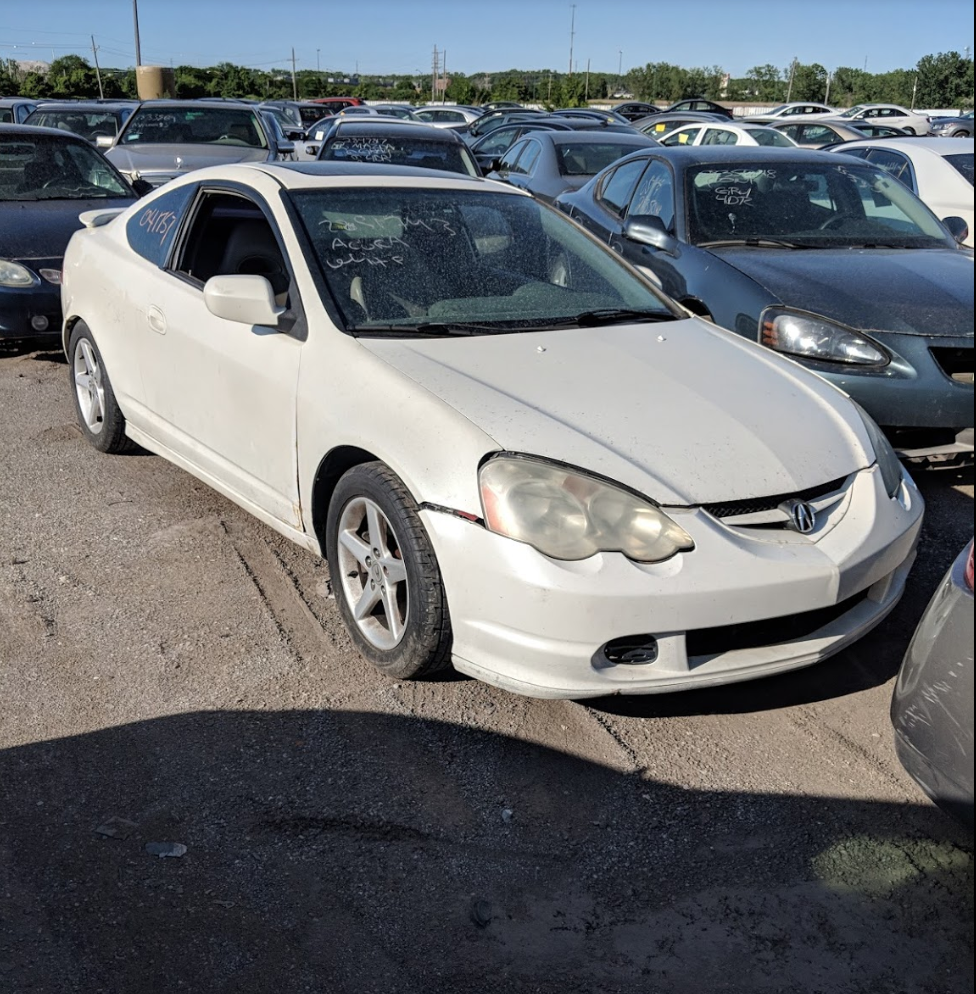Streetsblog Chicago doesn't usually report on supposed injustices to drivers. But as investigations by ProPublica and WBEZ have revealed, Chicago’s motorist ticketing system has disproportionately impacted Black and Latino residents, sending many people into a downward spiral of tickets, debt, license suspension, job loss, and bankruptcy. That’s something that all Chicagoans, including sustainable transportation advocates, should be concerned about.
Mayor Lori Lightfoot made a campaign promise to fix Chicago’s system of regressive fines and fees on drivers. New measures reforming our city's vehicle impoundment program that passed in City Council yesterday were the latest steps in that process. Lightfoot's office says the new ordinance ends impoundment for non-moving violations, reduces fines, caps storage fees, and provides a pathway for Chicagoans to pay their debts and get their vehicles back.
“By passing this ordinance, we are helping residents that for far too long have suffered a disproportional impact from an outdated program that too frequently resulted in thousands of dollars in fines and loss of personal property,” said Lightfoot in a statement. “Today is another monumental step in our work to right the wrongs of the past and offer assistance to residents that need it the most, but while we take this step today, we also realize that there is still work to be done and will remain diligent in our approach to build a fairer, more equitable Chicago.”
According to the mayor's office, in 2011, Chicago doubled nearly all fines for the vehicle impoundment program in an effort to raise $14 million in revenue. However, they say, revenue for the vehicle impoundment program actually decreased, going from $15.9 million in 2010 to $14.9 million in 2019.
Lightfoot's office attributes the revenue decline to a sharp increase in bankruptcies that were created as an unintended consequence of the fine hike. They say the old fine structure resulted in Cook County being the nationwide leader in Chapter 13 bankruptcies, with roughly two-thirds of the bankruptcies including vehicle debt to the city of Chicago.
Some of the measures in the new ordinance:
Reduces fines and caps fees:
- Returns some fines to lower rates and caps storage fees at $1000
- Ends the practice of charging storage fees when individuals are unable to redeems their cars that are in possession of the Chicago Police Department during an investigation
Narrows scope of offenses eligible for impoundment:
- Ends the practice of impoundment for many non-driving and non-public safety-related offenses, such as possession of fireworks (for non-commercial use) and loud music
- Ends impoundment for driving on a suspended license due to city debt
Adds new defenses to avoid impoundment:
- Establishes legal defenses, such as an “innocent owner” defense to allow individuals to redeem their car if it was used without their knowledge, or when they provide the car should not have been impounded in the first place
“The evidence is clear: When cities rely on police to generate revenue through fines and fees, it's a lose-lose situation for both residents and their local governments," said Priya Sarathy Jones, national policy and campaigns director at the Fines and Fees Justice Center. "This is an important step to improve Chicago's economy and to roll back policies that result in unnecessary encounters between police and residents."
Other steps the Lightfoot administration has taken to address the city's inequitable motorist ticketing system have included a city sticker amnesty program; elimination of license suspensions for non-moving violations; and the launch of new payment plans for paying off debt.
Residents who need help with outstanding debt can visit New Start Chicago, section of the City of Chicago’s website that provides information on payment plans, hardship qualifications, other FAQs related to fines and fees reforms. There they can sign up for payment plans for tickets with a lower down payment and up to five years to repay amounts due.






